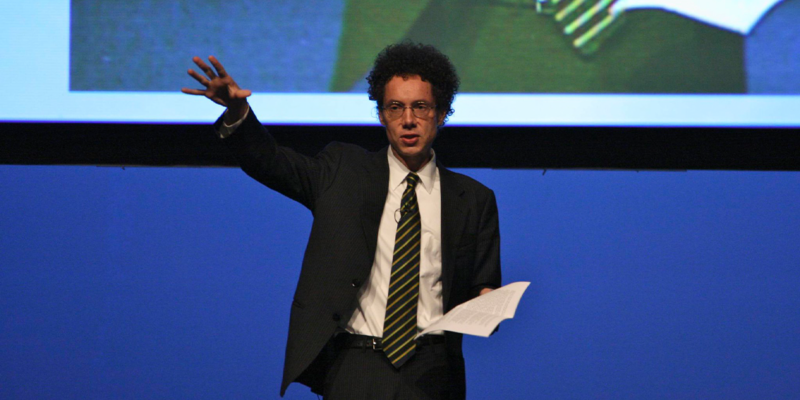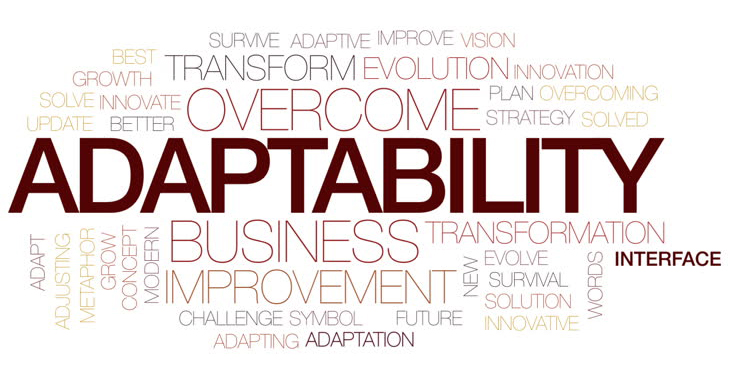InfoComm: AV Freelancers Face Training Challenges
By Dan Daley
Special to InfoComm International
 It wasn’t that long ago — two generations or so — that someone could become a lawyer in the U.S. by becoming an apprentice to a working attorney, doing the reading, absorbing how the process works, and eventually setting up her own practice. You’d have to go back considerably further to find a time when you could become a doctor the same way, but it was still little more than a century ago.
It wasn’t that long ago — two generations or so — that someone could become a lawyer in the U.S. by becoming an apprentice to a working attorney, doing the reading, absorbing how the process works, and eventually setting up her own practice. You’d have to go back considerably further to find a time when you could become a doctor the same way, but it was still little more than a century ago.
Today, however, it would seem that even the most basic jobs require some level of post-secondary education, even if it’s a certificate course or two. Yet many of those working in or just entering the live-event production calling are still acquiring their degrees from the school of hard knocks, in situations that are configured less as formal apprenticeships and more like learning on-the-fly, from gig to gig.
“All of us mostly stumble into this business when you think about it,” observes Patty McGoldrick, CEO of Immediate Connections, a Boston-based AV staffing company and also the force behind an initiative to create a boot camp for aspiring AV technicians, under the aegis of InfoComm’s Rental & Staging Council. “Many of us went to school for television work or video or graphics or music. No one really sets out to go into live-event production. But many of us find ourselves here.”
Many people do — literally — find their calling when they discover live events can be a career, whatever route they take to get there. And freelancers, or independent service providers, form a healthy part of the market. Chances are, if you aren’t an independent freelancer yourself, your company hires them when business is especially busy or to staff a project at a location where you don’t have full-time staff. But it’s also true that digital technology, for example, has transformed live-event production to such an extent that it brings into question whether the apprenticeship model is still valid as the sole educational methodology it once was.
McGoldrick’s plans are aimed at entry-level aspirants; she envisions a certificate program based on small groups of trainees — she estimates six per class — completing 16 hours of training. It’s enough training, she says, to “get someone off to a good start in the business.”
McGoldrick says she is motivated in part by the fact that her own company finds itself scrambling for qualified AV freelancers during busy seasons. But what she’s sure of is that it will require the help of live events companies — the AV system providers to the event business. These companies, she says, need knowledgeable workers the most. Many of these companies already have training regimens in place, though some in the industry point out that such training tends to be focused around the vertical markets that each company finds itself working in most often, such as hospitality, corporate or entertainment.
A more comprehensive level of education in AV technology is available from for-profit schools, such as Full Sail and The Art Institutes, which have many locations throughout North America. However, these commercial schools often come with high costs — an associate’s degree in live-event production from Full Sail can cost as much as $45,000 or more.
Another hindrance to an educated workforce is the intermittent nature of freelance work in AV. “The irregularity of the work can be a problem,” says McGoldrick. “The peaks and valleys can be huge. During the peaks you don’t have time to do anything but work, and in the valleys you’re not in the mood to spend money on training.”
InfoComm and the ITSP
Even freelancers with a good knowledge-base face challenges, including matching their particular skills with companies that need those skills on short notice. In part to address that, InfoComm International formed the Independent Technical Service Providers Council (ITSP) in October 2011, with the objective of promoting the role of freelancers for outsourced integration and event-project work. The council also gives the independent technical service providers a collective voice with hardware and software vendors.
“[We] wanted to create a home for this particular segment of InfoComm members” says Mark DelGuidice, CTS, owner of Wire Wizards Integration in San Diego and co-founder of the ITSP. “These professionals fill a specific role that differs from those of traditional integration, rental, staging or distributor organizations.”
DelGuidice agrees that training in the AV industry often tends to be haphazard, done “on the fly,” he says, which explains why many independent AV technicians may have significant knowledge about certain systems but relatively little about others, even other systems that interact directly with the systems they’re familiar with. “Often, someone is called on a job at the last minute and they’re working with a piece of equipment they’ve never seen before,” he says.
Gabe Solomon, CEO of MertzCrew, an Orlando, Fla.-based AV staffing company that provided freelancers for more than 600 live-event projects last year, including the Super Bowl, says that such a narrow field of training can be problematic. “Freelancers are responsible for their own training [and are] always making trade-offs when it comes to managing their time,” he says. “The good news is that they can choose to focus on fields that interest them the most while staying ahead of the curve by moving quickly to gain new skills. The downside is that they are typically self-funding any training and have to make sure there is a market for the skills they’re developing.”
DelGuidice is optimistic about how information regarding new systems, products and protocols is being disseminated and made available to a wider array of AV freelance professionals. This includes online courses offered by InfoComm, which recently changed its membership structure to include a $150 Affiliate membership for individuals and individuals. Affiliate membership includes discounted training, as well as free online courses, such as Essentials of AV Technology Online and the popular preparatory class for Certified Technology Specialist (CTS) certification. And manufacturers are also making training available through webinars, online tutorials, and free in-person classes, such as Soundcraft’s Mixing With The Professionals program.
“Manufacturers have really stepped up to the plate in this regard,” DelGuidice says, acknowledging that it’s also in their interest to tout their products to people who may not only use them but also recommend them to the various companies they do work for. (This is becoming more ubiquitous and intense with new technologies still establishing a pecking order among providers, such as what’s currently taking place in the audio networking field, where many providers are championing competing systems.)
Plus, information is more readily available electronically. “The Internet and smartphones allow technicians to get info immediately,” he says. “That’s important because you have to been seen as knowing what you’re doing — if someone sees you having trouble getting a projector running, the rental company may not hire you the next time.”
MertzCrew’s Gabe Solomon says the industry’s knowledge-base has to grow along with the increasing array of systems, such as LED lighting and AV networking, but at some point specialization is inevitable.
“We’re not at that tipping point yet where highly specialized knowledge of a particular technology is valued above the more general knowledge necessary for making an event happen,” he says. “But with things like social media and live streaming being integrated into shows, that kind of specialization is becoming more important. A year ago very few events acknowledged Twitter; now, they want their Twitter feeds updated in real time. The guys who are staying ahead of the curve are going to make themselves very valuable to show producers.”
This article was reprinted with permission from InfoComm International and originally appeared here.





